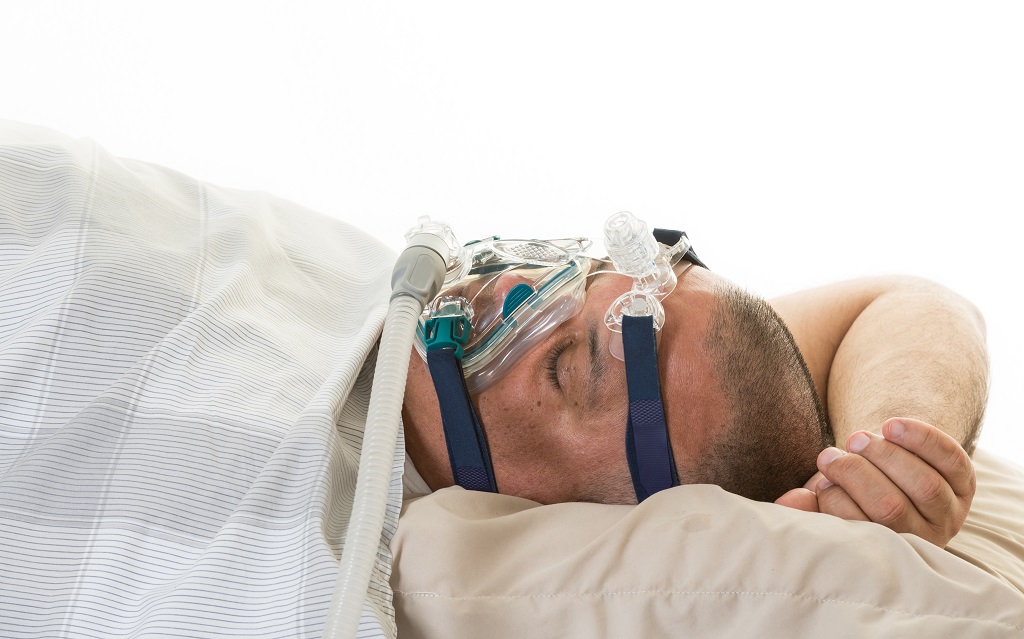
Sleep apnea presents a real challenge and can be a big concern. We already talked about the strong connection between sleep apnea and heart diseases. So, sleep apnea isn’t only interconnected with heart diseases, but it can also cause death. What’s more, there are many risks of sleep apnea worth mentioning. This serious sleep disorder happens throughout the night when people stop breathing either for a few seconds or a full minute. As a result, the body delivers less oxygen to the brain and other organs. So, people who deal with sleep apnea are often very tired after waking up and feel like they haven’t slept at all.
Unfortunately, exhaustion is, in fact, something people who deal with sleep apnea, have to worry the least about. If a person leaves sleep apnea untreated, it might lead to numerous serious health conditions, including stroke, ischemic heart disease, hypertension, heart failure, heart attack, and arrhythmia. One of the most useful things a person suffering from sleep apnea can do is reduce stress, do regular physical exercises, have a healthy diet, and detox.
Sleep Apnea Symptoms, Causes, and Types
There are numerous symptoms a person might experience if suffering from sleep apnea, such as loud nightly snoring, coughing while sleeping, walking up tires, and dry throat when awake. So, if you or someone near you snore a lot while sleeping, make sure to consult a doctor.
When it comes to the sleep apnea types, there are a couple of them, including central sleep apnea and obstructive sleep apnea. When your brain doesn’t send proper signals to the muscles which control breathing, the person repeatedly stops and starts breathing while sleeping. On the other hand, obstructive sleep apnea is the more common type and happens when the soft tissue in the back of the throat collapses and there is a blockage in the airway. There are many reasons for sleep apnea, such as a small jawbone, a large tongue or tonsils, chronic allergies, obesity, larger neck, family history, or a deviated septum.
The Risks of Sleep Apnea
First and foremost, sleep apnea is a cardiovascular risk factor. In fact, sleep apnea increases risks for cardiovascular disease, congestive heart failure, coronary artery disease, and stroke. Moreover, central sleep apnea might trigger atrial fibrillation and heart failure. It’s the leading cause of mortality. The risks of sleep apnea are higher is a person is overweight. Hence, overweight patients who suffer from sleep apnea are also prone to arterial plaque. This sleep disorder is also responsible for high blood pressure.
However, if you have a sleep apnea, it doesn’t have to mean that you’re going to have a cardiovascular event. In fact, it means that you should lead a healthier and more responsible lifestyle.
How to Reduce the Risks of Sleep Apnea
There are a myriad of options which will help you minimize the consequences and risks of sleep apnea. So, you should:
- increase the intake of nutritional supplements and antioxidants so your body is immune to free radical stress;
- incorporate an anti-inflammatory diet, which is packed with healthy fats, fruits, veggies, and proteins;
- do moderate exercise on a regular basis, about 20-40 minutes a day;
- detox your body by sweating, deep breathing, and fibre-rich diet;
- find ways to relax as much as possible, such as meditation, listening to music, or yoga;
- quit smoking;
- place a humidifier which will moisten the air in your bedroom;
- don’t eat after 7 p.m.;
- avoid sleeping on your back and try to sleep on your side as much as possible;